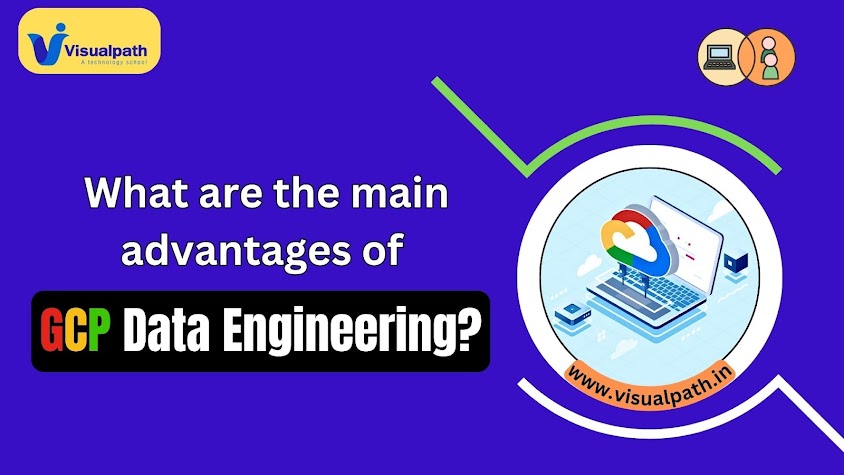What is the Main Difference Between SQL and MySQL? [2024]
The Main Difference Between SQL and MySQL
SQL: The Language of Databases
SQL, or Structured Query Language, is a standard programming language used for managing and manipulating relational databases. It is a declarative language, meaning that users specify the results they want, rather than the steps needed to achieve those results. SQL provides a set of commands for interacting with databases, including querying data (SELECT), modifying data (INSERT, UPDATE, DELETE), defining database schema (CREATE, ALTER, DROP), and managing access permissions (GRANT, REVOKE). GCP Data Engineer Training in Hyderabad
SQL is not tied to any specific database management system. Instead, it is a language that can be used with various relational database systems, including MySQL, PostgreSQL, Oracle Database, Microsoft SQL Server, and others. This makes SQL a powerful tool for developers and database administrators, as it allows them to work with different database systems using a unified syntax.
MySQL: A Relational Database Management System
MySQL, on the other hand, is a specific relational database management system (RDBMS) that implements the SQL language. It is one of the most popular open-source RDBMS used for building web applications and powering dynamic websites. MySQL is known for its reliability, scalability, and ease of use, making it a popular choice for both small-scale and large-scale applications.
As an RDBMS, MySQL provides a robust set of features for managing relational databases, including support for transactions, indexing, stored procedures, triggers, and more. It also offers various storage engines, each optimized for different types of workloads, such as InnoDB for transactional workloads and MyISAM for read-heavy workloads. Google Cloud Data Engineer Training
MySQL uses SQL as its language for querying and managing data. This means that developers and database administrators interact with MySQL databases using SQL commands, just like they would with any other SQL-compliant database system. However, MySQL also provides extensions and optimizations for performance and usability, making it unique among other database systems.
Key Differences
The main difference between SQL and MySQL lies in their roles and capabilities. SQL is a language used for managing relational databases, while MySQL is a specific relational database management system that implements the SQL language. In other words, SQL is the language used to interact with databases, while MySQL is one of the many database systems that adhere to the SQL language standards.
Another key difference is that SQL is a standardized language, meaning that it follows a set of rules and conventions defined by organizations such as the International Organization for Standardization (ISO) and the American National Standards Institute (ANSI). MySQL, on the other hand, is a specific implementation of SQL developed by Oracle Corporation. While MySQL follows the SQL standards for the most part, it also includes its proprietary extensions and optimizations. Google Cloud Data Engineering Course
In summary, SQL and MySQL are related but distinct entities. SQL is a language used for managing relational databases, while MySQL is a specific relational database management system that implements the SQL language. Understanding the difference between the two is essential for anyone working with databases, as it can help clarify the roles and capabilities of each.
Visualpath is the Best Software Online Training Institute in Hyderabad. Avail complete GCP Data Engineering worldwide. You will get the best course at an affordable cost.
Attend Free Demo
Call on - +91-9989971070.
WhatsApp: https://www.whatsapp.com/catalog/919989971070
Visit https://visualpath.in/gcp-data-engineering-online-traning.html



Comments
Post a Comment